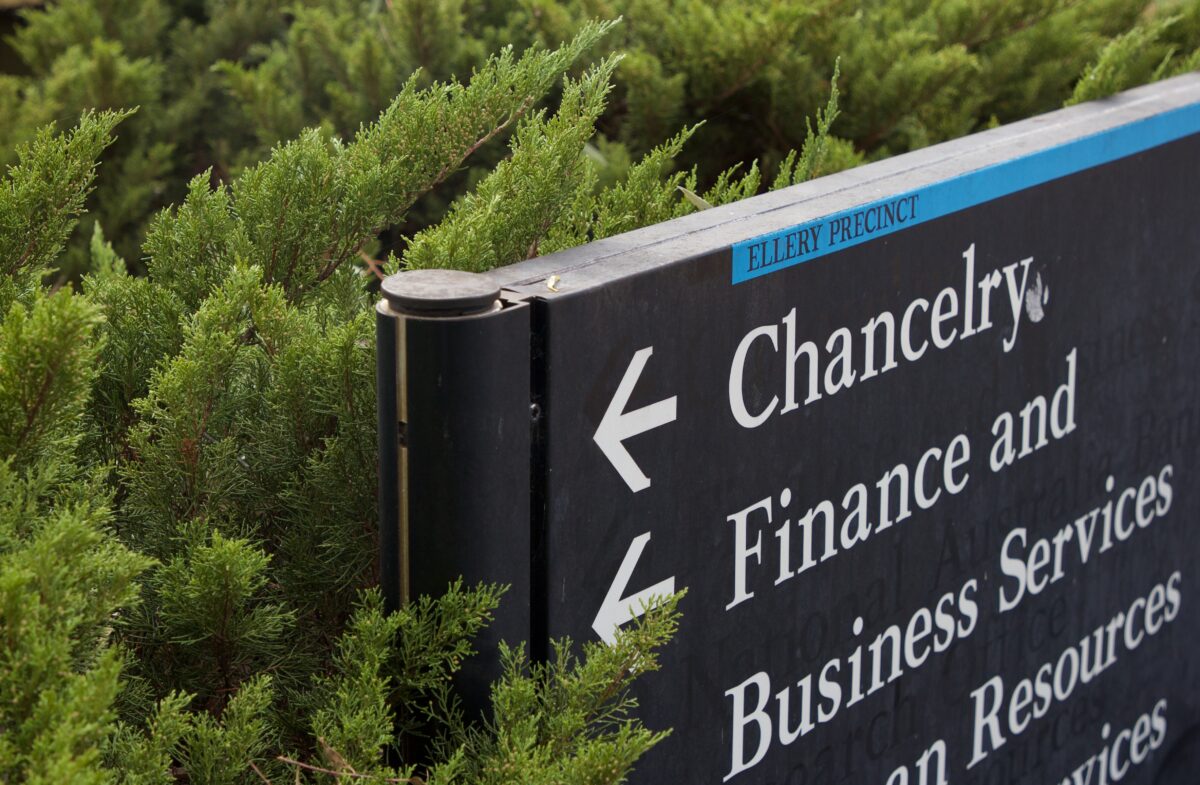In an On Campus email to students, the ANU announced it is undertaking its general scheduled review of the current Student Disciplinary Framework (SDF).
The university stated it has been working with ANU staff, ANUSA executive and department heads, and will engage with residential student leaders, the Interhall Council and other student representative bodies.
The review follows controversial disciplinary action taken against pro-Palestine protesters, notably, the expulsion of student Beatrice Tucker due to a statement made on ABC Radio Canberra.
In the interview Tucker stated, “Hamas deserves our unconditional support… not because I agree with their strategy, [I’m in] complete disagreement with that.”
Tucker subsequently appealed their expulsion and has been allowed to return to their studies. The controversy has sparked discussion on what is considered procedurally fair under the framework, and what is considered free speech on campus.
Over ten students have been referred to or disciplined by the framework due to violations of the code of conduct in last year’s ‘ANU Gaza Solidarity Encampment’. This has also been seen in the University of Melbourne, with two students expelled and two suspended until March 2026 due to their involvement in a pro-Palestine demonstration.
The SDF review will be conducted in three phases:
Phase 1 – The development of a ‘resource base from which the review will draw findings and recommendations’
Phase 2 – A ‘preliminary recommendations and consultation’ period
Phase 3 – The ‘final recommendations report’
When Woroni reached out for comment, the ANU stated: “The university is committed to providing a safe and respectful environment for all members of our community… we are undertaking a review to ensure it [the framework] remains effective, fair and follows the best practice principles in a changing regulatory environment”.
The ANU has provided a confidential feedback channel that students can reach out to, through the email: SDFR@anu.edu.au.
Consultation opportunities and updates in the review process will also be provided in the weekly ANU On Campus email.
Woroni will provide updates as the review continues.
We acknowledge the Ngunnawal and Ngambri people, who are the Traditional Custodians of the land on which Woroni, Woroni Radio and Woroni TV are created, edited, published, printed and distributed. We pay our respects to Elders past and present. We acknowledge that the name Woroni was taken from the Wadi Wadi Nation without permission, and we are striving to do better for future reconciliation.
